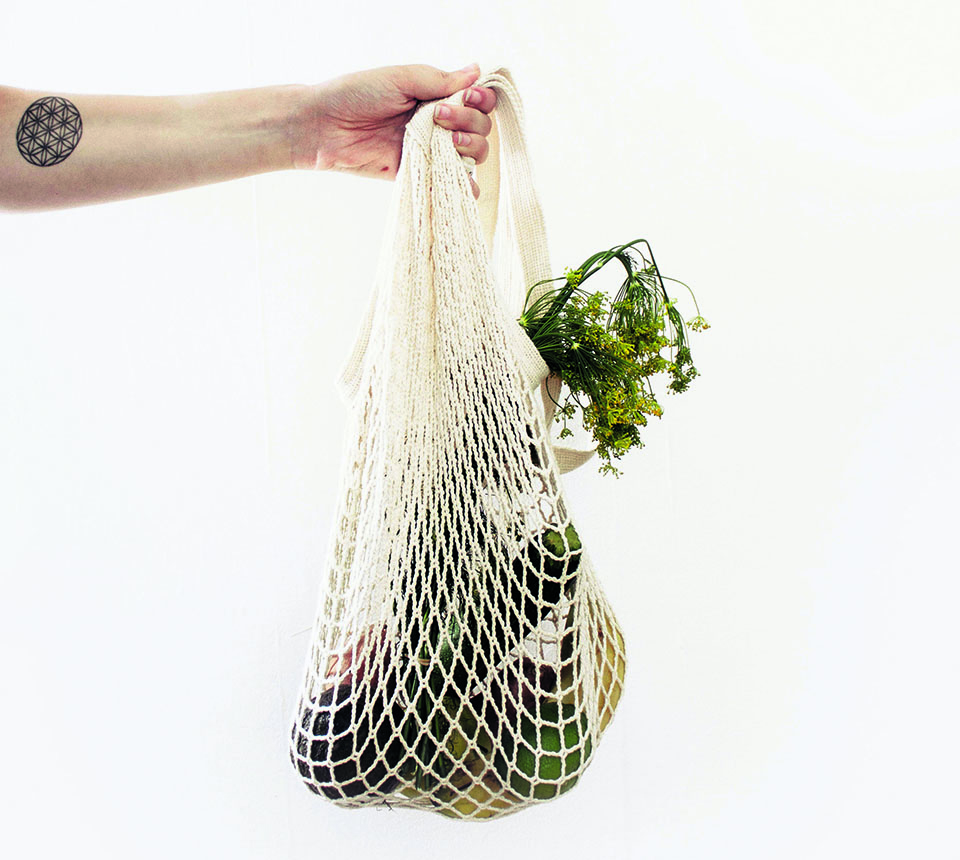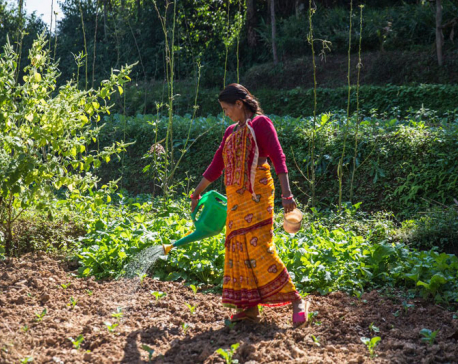
OR

According to the Zero Waste International Alliance, zero-waste can be defined as “the conservation of all resources by means of responsible production, consumption, reuse, and recovery of products, packaging, and materials without burning and with no discharges to land, water, or air that threaten the environment or human health.”
Basically, living zero waste is making sure whatever you own or purchase gets reused and recycled every time and no trash (ones that remain for a long time and pollute the earth) comes out of your home. However, this cannot be achieved overnight and it takes a lot of devotion to fully practice this cause. As we are already so used to the comforts of plastic and other pollutants, it’s not possible for most of us to be living a 100% zero waste life. Nonetheless, zero waste ideas make you aware of your consumption behavior and spending habits in order to make you an environmentally-conscious person in the future. Here are a few ways to cultivate a zero waste attitude in your lifestyle.
Always find ways to reuse or upcycle
Before you buy something, make it a habit to ask yourself if you’re able to make that product from something you own to serve the same purpose. For example, instead of buying rags from the market, you can use your old work clothes that are too small, by cutting them into squares. Similarly, when you buy personal care products like toothbrushes, hairbrushes, etc. choose wood rather than plastic. We know it feels like a stretch but you can reuse tinfoil too. All you have to do is scrub the tinfoil down with a dish brush – use hot water and dish soap, then use it again. Tinfoil can also be recycled too, but only if it’s clean and has no food remnants on it. Be it plastic, aluminum or glass, wherever you see a possibility to recycle, make sure you do it.
Bring Your Own Jars (BYOJ)
When storing food, drinks, or a variety of other supplies, try eliminating plastic containers. Most Nepali households always have a collection of jars, usually leftovers from pickles, jams, and pasta sauces. Don’t forget to reuse them, especially if they’re glass. Moreover, from now on, whenever you buy something, opt for something with paper or glass packaging. Similarly, while you order take-out, try to pick it up with a reusable bag, they’ll let you do that without a problem. You just have to place a simple request while ordering. It’s a bonus if you find a restaurant that packs their food in compostable containers.
Learn to say no to the little things
A zero-waste lifestyle isn’t simply about eating clean and purging your plastic belongings – it involves adopting a more thoughtful, minimalistic approach to living. Whether it’s a business card at a meeting, a straw at a restaurant, a plastic bag at the store, or a disposable pen from a conference, the act of recognizing and denying waste – no matter how small – is crucial. Next time someone hands you something, ask yourself, “Do I really need it?” One crucial step to zero waste life is buying only what is absolutely necessary for you – that way you will be cutting down on your plastic consumption. The best way to cultivate a zero waste attitude is by buying less and reusing what you already have.
Home cook as much food as you can
Home cooking will help you avoid buying food that only come in disposable plastic, like chip bags or take-outs for example. However, one might argue how it’s not possible for people to come home and cook an elaborate meal every day. In this case, you can prepare more food than you eat, store it, and then portion it into meals for the week. Moreover, snacking is where things get a little tricky (they are small portions, cheap and mostly in plastic). One can do something called “snack prepping”, which again is dividing your lunch/dinner into small portions and it’s perfect for when you are feeling a bit peckish. In the long run, home cooking is a cheaper and healthier option where you are actively choosing what you put into your plate, all the while practicing zero waste.
Use cloth bags and totes
Cloth bags are essential while buying and transporting food in bulk. In general, cloth bags are larger than plastic bags so they are capable of holding larger items. Plastic grocery store bags can also be reused but punctures or overloading can maker a thin plastic bag unusable. Cloth bags are also more durable than paper bags so it’s better to invest in cloth bags even though they may cost you a bit extra. You can also make your own cloth bags by using old shirts or sheets. Moreover, reusable cloth bags can also offer the opportunity to make a style statement about green living as well as your effort to live a zero waste life.
You May Like This

Amazon confirms two employees in Italy have contracted coronavirus
WASHINGTON, March 2: Amazon.com Inc said late on Sunday that two employees in Milan, Italy, have contracted the coronavirus and... Read More...

Complete education, full health could double Nepal's GDP per capita: WB
KATHMANDU, June 7: Nepal has the potential to double its Gross Domestic Product (GDP) per capita in the long run if... Read More...

Reuse and recycle
For women left behind problems arising from water scarcity and water-induced disasters make them more vulnerable ... Read More...





Just In
- CM Kandel requests Finance Minister Pun to put Karnali province in priority in upcoming budget
- Australia reduces TR visa age limit and duration as it implements stricter regulations for foreign students
- Govt aims to surpass Rs 10 trillion GDP mark in next five years
- Govt appoints 77 Liaison Officers for mountain climbing management for spring season
- EC decides to permit public vehicles to operate freely on day of by-election
- Fugitive arrested after 26 years
- Indian Potash Ltd secures contract to bring 30,000 tons of urea within 107 days
- CAN adds four players to squad for T20 series against West Indies 'A'












Leave A Comment